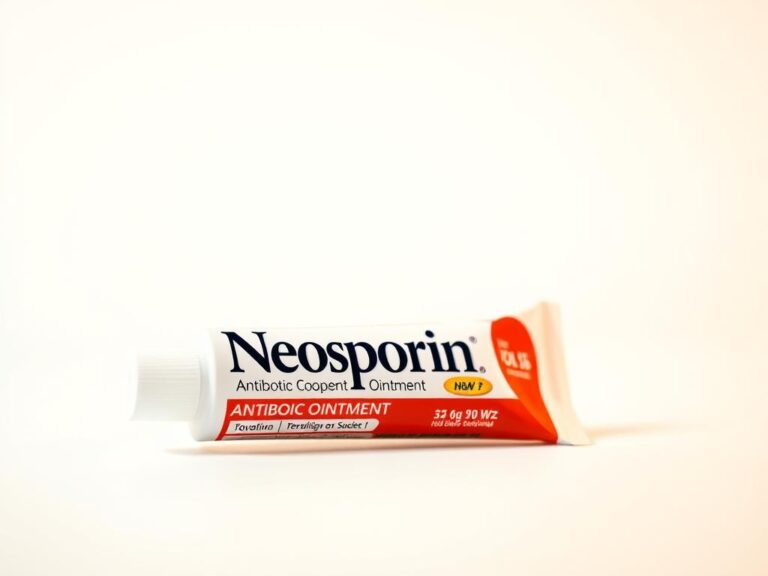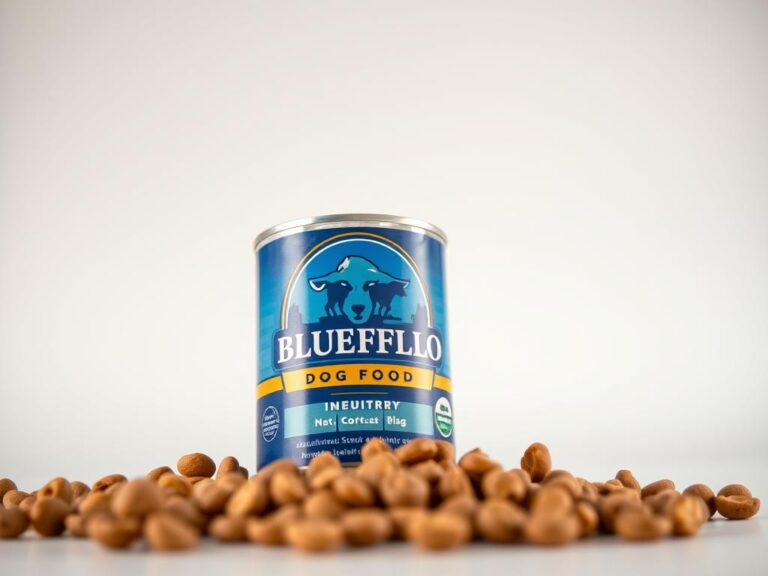Can Dogs Eat Avocado? What You Need to Know
As a dog owner, it’s natural to want to share your favorite foods with your pet. However, when it comes to avocados, it’s crucial to exercise caution. While avocados are a nutrient-rich food for humans, their safety for dogs is a topic of concern.
Avocado flesh is known to provide several vitamins and minerals, but it’s also important to be aware of the potential risks associated with its consumption by dogs. The pit, leaves, bark, and skin of avocados are not safe for canine consumption, and there’s a risk of pancreatitis, intestinal blockage, and digestive upset.
For detailed guidance on feeding your dog avocado, it’s essential to understand the recommended amount and potential hazards. According to petmd.com, dogs should not consume more than 1 teaspoon of avocado per 10 pounds of body weight. Being informed about avocado safety for dogs can help you make better decisions for your pet’s health.
The Truth About Dogs and Avocados
Avocados, while nutritious for humans, pose several risks to dogs due to certain toxic compounds. The primary concern is the presence of persin, a fungicidal toxin found in various parts of the avocado.
What Makes Avocados Potentially Dangerous
The toxicity of avocados to dogs is mainly attributed to persin, a toxic compound that can cause adverse effects. While the exact mechanism of persin’s toxicity is not fully understood, its impact on dogs can range from mild to severe symptoms.
Parts of the Avocado to Be Concerned About
Different parts of the avocado contain varying levels of persin. The pit, skin, and leaves are of particular concern due to their higher persin content. These parts can cause more severe symptoms if ingested.
| Avocado Part | Persin Concentration | Toxicity Risk |
|---|---|---|
| Flesh | Low | Low |
| Pit | High | High |
| Skin | High | High |
| Leaves | High | High |
Understanding the risks associated with avocado consumption in dogs is crucial for pet owners. By knowing which parts of the avocado are most toxic, owners can take steps to prevent accidental ingestion.
Can Dogs Eat Avocado Safely?
The question of whether dogs can safely eat avocado is multifaceted and depends on several factors. While some sources suggest that avocados are not toxic to dogs, others raise concerns about potential health risks.
Small Amounts of Avocado Flesh
Eating small amounts of avocado flesh is generally considered to be relatively safe for dogs. The flesh of a ripe avocado contains healthy fats and nutrients that can be beneficial in moderation. However, it’s crucial to remove the pit, skin, and leaves to minimize potential risks.
Nutritional Benefits: Avocado flesh is rich in healthy fats, fiber, and various vitamins and minerals. In small amounts, it can serve as a nutritious treat for dogs.
Risks of Regular Consumption
Despite the potential benefits, regular consumption of avocado flesh can lead to health issues in dogs. The high-fat content can cause gastrointestinal upset, including diarrhea and vomiting. Moreover, excessive consumption can lead to pancreatitis, a painful and potentially serious condition.
Individual Sensitivity Factors
Just like humans, dogs have unique sensitivities and allergies. Some dogs may react adversely to avocado due to individual sensitivities, making it essential for dog owners to monitor their pets closely after introducing avocado into their diet.
| Avocado Part | Safety for Dogs | Potential Risks |
|---|---|---|
| Flesh (in small amounts) | Generally Safe | Gastrointestinal upset if overconsumed |
| Pit, Skin, and Leaves | Not Safe | Choking hazard, obstruction, persin toxicity |
| Guacamole and Prepared Foods | Not Recommended | Additional ingredients like onions, garlic can be toxic |
In conclusion, while small amounts of avocado flesh are relatively safe for dogs, it’s crucial to be aware of the potential risks associated with regular consumption and individual sensitivities.
Understanding Persin: The Toxic Compound in Avocados
Persin, a fungicidal toxin, is found in avocados and can be detrimental to dogs. This naturally occurring compound is primarily concentrated in certain parts of the avocado, making some sections more dangerous for canine consumption than others.
What is Persin?
Persin is a toxic compound that belongs to the class of fatty acid derivatives. It’s known for its fungicidal properties, helping protect the avocado tree from fungal infections. However, its presence in avocados poses a risk to dogs if ingested in significant amounts.
How Persin Affects Dogs
When dogs consume persin, either through eating avocado leaves, bark, or pits, or consuming large amounts of avocado flesh, they can experience a range of symptoms. These can include mild gastrointestinal upset to more severe reactions, depending on the amount consumed and the individual dog’s sensitivity.
Concentration in Different Parts of the Avocado
The concentration of persin varies across different parts of the avocado. The leaves, bark, and pit contain higher concentrations of persin compared to the flesh. However, it’s essential to note that even the flesh is not entirely safe, as it can still contain some amount of persin, especially if consumed in large quantities.
Key Points to Remember:
- Persin is a toxic compound found in avocados.
- It’s more concentrated in the leaves, bark, and pits.
- Dogs can experience adverse effects if they ingest significant amounts.
Symptoms of Avocado Toxicity in Dogs
Recognizing the symptoms of avocado toxicity is vital for dog owners to ensure their pets receive timely veterinary care. If your dog has ingested avocado, monitoring their behavior closely is crucial.
Digestive System Symptoms
The most common symptoms of avocado toxicity in dogs relate to the digestive system. These can include:
- Vomiting
- Diarrhea
- Abdominal pain
- Loss of appetite
These symptoms occur because dogs may have difficulty digesting certain components of the avocado.
Other Warning Signs
Beyond digestive issues, other warning signs of avocado toxicity can include:
- Lethargy
- Difficulty breathing
- Fluid accumulation around the heart or abdomen
These symptoms can indicate a more severe reaction to the toxic compounds in avocados.
When to Contact Your Veterinarian
If your dog exhibits any of the above symptoms after consuming avocado, it’s essential to contact your veterinarian immediately. Provide as much detail as possible about the amount and parts of the avocado consumed.
Prompt action can significantly improve your dog’s recovery chances. Always consult with a veterinary professional for advice tailored to your dog’s specific situation.
Avocado Products and Your Dog
With the increasing presence of avocados in various food products, understanding their safety for dogs is more important than ever. While avocados themselves pose certain risks to dogs, products derived from avocados can also have significant implications for canine health.
Guacamole and Other Prepared Foods
Guacamole, a popular dip made from avocados, is often seasoned with ingredients like onions and garlic, which are toxic to dogs. Sharing guacamole with your dog can lead to serious health issues, including gastrointestinal upset and potentially life-threatening conditions. Other prepared foods containing avocado, such as sandwiches or salads, may also include harmful ingredients for dogs.
It’s essential to keep these products out of your dog’s reach and to be aware of the ingredients used in their preparation. For more information on foods that are dangerous for dogs, you can visit this resource.
Avocado Oil Safety
Avocado oil, extracted from the flesh of avocados, is generally considered safe for dogs in small amounts. However, it’s crucial to introduce it gradually and in moderation to prevent digestive upset. Always choose high-quality, pure avocado oil to minimize the risk of adverse reactions.
- Use avocado oil sparingly as a treat or supplement.
- Monitor your dog’s reaction to avocado oil.
- Consult with your veterinarian before making it a regular part of your dog’s diet.
Commercial Dog Foods Containing Avocado
Some commercial dog foods include avocado as an ingredient, leveraging its nutritional benefits. These products are formulated to be safe for canine consumption, with the toxic parts of the avocado typically removed during processing. Nonetheless, it’s vital to check the ingredient list and consult with your veterinarian before switching to a dog food that contains avocado.
By being informed about the various avocado products and their potential impact on your dog’s health, you can make better decisions about what to share and what to keep out of reach.
What to Do If Your Dog Eats Avocado
Discovering that your dog has consumed avocado can be alarming, but knowing the right steps to take is vital. If your dog has eaten avocado, it’s essential to assess the situation carefully and take appropriate action.
Immediate Steps to Take
If you suspect or have witnessed your dog eating avocado, the first step is to remain calm. Remove any remaining avocado from your dog’s reach to prevent further consumption. Monitor your dog closely for any signs of illness.
Information to Provide Your Veterinarian
When consulting your veterinarian, provide as much information as possible. This includes the amount of avocado consumed, the parts eaten (skin, pit, flesh, or leaves), and the time frame in which it was eaten. Be prepared to share details about your dog’s size, age, and any pre-existing health conditions.
| Information Required | Details to Provide |
|---|---|
| Amount Consumed | Quantity of avocado eaten |
| Parts Eaten | Specify if skin, pit, flesh, or leaves were consumed |
| Time Frame | When the avocado was eaten |
Potential Treatments
Your veterinarian may recommend various treatments based on the severity of the situation. This could include inducing vomiting, administering activated charcoal, or providing supportive care such as fluids and monitoring. In severe cases, hospitalization might be necessary.
Understanding the steps to take if your dog eats avocado can help mitigate potential risks. Always consult with a veterinarian for professional advice tailored to your dog’s specific situation.
Conclusion: Safe Alternatives to Avocados for Dogs
While avocados can be a nutritious addition to a human diet, the risks associated with feeding them to dogs cannot be ignored. Fortunately, there are numerous safe alternatives to avocados that can serve as healthy dog treats.
Some excellent options include sweet potatoes, carrots, green beans, and apples. These foods are not only safe for canine consumption but also provide essential vitamins and minerals. For instance, sweet potatoes are rich in fiber and vitamins A and C, making them a nutritious snack for dogs.
When introducing new foods or treats to your dog’s diet, it’s essential to do so gradually to prevent digestive upset. Always consult with your veterinarian before making significant changes to your dog’s diet, especially if they have food allergies or sensitivities.
By choosing safe and healthy alternatives to avocados, you can ensure your dog enjoys a varied and nutritious diet without the potential risks associated with avocado consumption.




